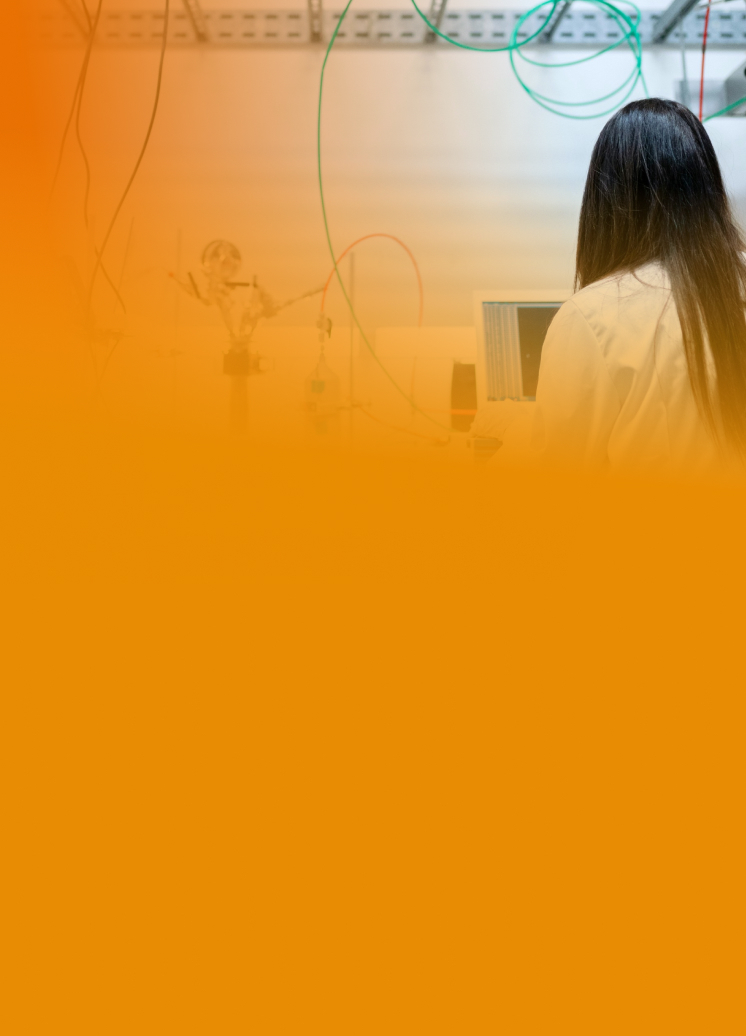Tisch MSRCNY Principal Investigator Nicolas Daviaud, PhD, shared insights on the state of MS research with HealCentral. You can read the full article here.
HealthCentral: What excites you most right now in MS research?
Nicolas Daviaud, Ph.D.: We can now create mini human brains [cerebral organoids] or mini spinal cords in the laboratory that are made from patient cells. Then, we can use all those mini organs to study the disease and better understand the pathogenesis of this disease. We published one paper about the development of those mini human brains last year—we’ve shown a proof principle that this new model can be used to study MS in patients.
Now, we’re trying to go further with the use of those mini human brains … to see if we can find any clue on why MS develops in some patients and not in others.
There are plenty of things we can do with this information. In the very distant future, we might be able to create mini brains from a patient and reimplant them. Because those cells are created from the patient’s cells, there [theoretically] would be no immune rejection. It would be individualized cell therapy for post-neurodegenerative disorders—that's something we hope one day could work, because then we could become very precise in treatment.
HC: What role do genes play in developing MS?
Dr. Daviaud: We believe that there is a genetic background that is very important for those patients who get MS, associated with probably environmental factors that are yet to be identified, maybe associated with a virus exposition. All of those taken together might trigger the beginning of MS.
It's not only the [Epstein-Barr] virus. It's a combination of multiple things associated with genetic background that do something in the immune system, triggering it to attack its own cells.

